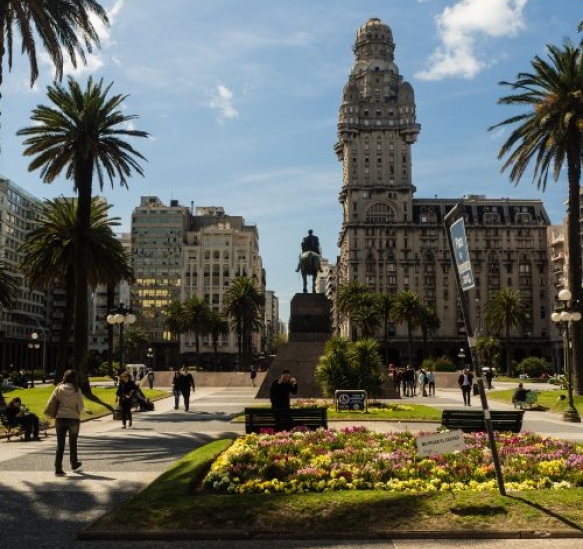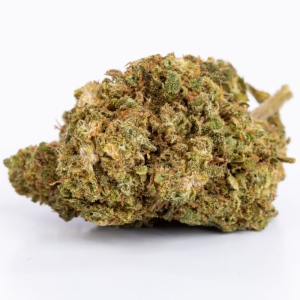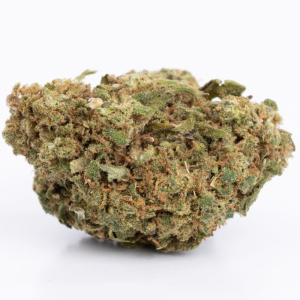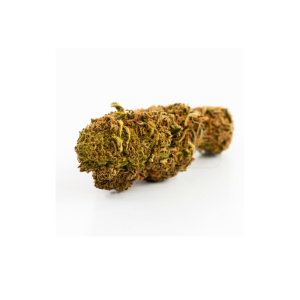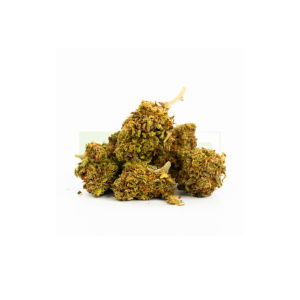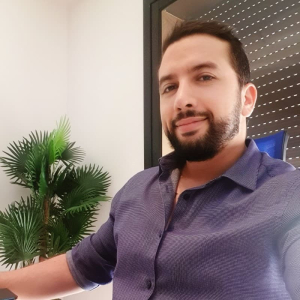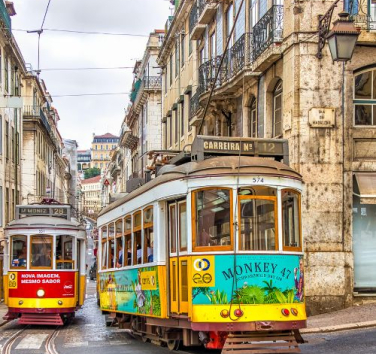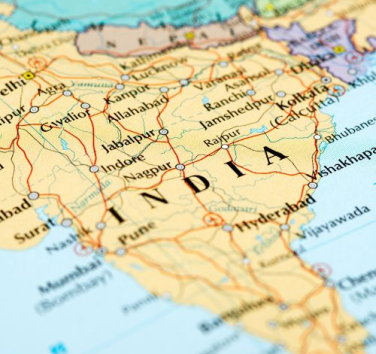Sale of cannabis in Uruguay: what do the figures say?
Although cannabis was legalized at the end of 2013, it was not until July 2017 that official sales for recreational use actually began. Since then, licensed pharmacies in the country have sold 10.7 million of grams of cannabis in different forms, according to data published by the Uruguayan Institute of Regulation and Control of Cannabis (IRCCA).
For comparison, in the US state of Michigan, where the population is approximately three times that of Uruguay, the average monthly sales volume in 2023 was 35.8 million grams.
Of Uruguay's 3.4 million inhabitants, 61,500 people have registered to buy cannabis in one of the 37 authorized pharmacies, according to the IRCCA. In this small Latin American country, only three companies are authorized to cultivate cannabis for the local market. And according to the newspaper El País, two of the varieties grown in the country are limited to 9% THC, and the third to 15%.
Cannabis in Uruguay: everything is under control!
According to the IRCCA, “the production processes of cannabis sold in pharmacies are subject to strict controls and are subject to traceability at each stage”. Each commercial lot is carefully analyzed before it is put on sale.
The analysis, carried out in one of the country's five specialized laboratories, covers microbiological parameters (count and absence of pathogens) and physico-chemical (heavy metals, pesticides, etc.).
Legalization of cannabis in Uruguay: a hard blow for traffickers
For Julio Calzada Mazzei, former secretary general of the National Drug Council of Uruguay (JND), the legalization of cannabis has caused drug traffickers to lose $20 million per year in the country and the region.
In 2021, the IRCCA reports that 27% of consumers obtained their supplies on the official market, a rate which reaches 39% when including those who say they have shared cannabis with friends.
Cannabis in Uruguay: challenges persist
Despite the legalization of cannabis in Uruguay, access to hemp for medical purposes remains a challenge. In pharmacies, there are only a handful of medications, all containing the same quantity of CBD (5 to 10%) and replicating Epidiolex, the only CBD-based drug approved by the US FDA. To respond to this problem, the government has just regulated so-called “magistral” preparations (compound formulas) as an alternative.

